Mar 8, 2021-2021
Myanmar
Sarong Revolution/ Htamein Revolution
Share
ACTIVISTS/ACT.GROUPS/DESCRIPTION OF THE GROUP
Pro-democracy protesters opposing the Feb 1 coup
TARGET
Myanmar Junta
WIDELY HELD BELIEF
Oppression by military govt. against minority population got to stop.
CASE NARRATIVE
Issue and Opposition: On 1 February 2021, Myanmar’s democratically elected National League for Democracy (NLD) was replaced by the military junta in a coup. As the military Commander-in-Chief, Min Aung Hlaing (often referred to as the abbreviated MAH by protesters) became the supreme power. Soon after, acting president Myint Swe declared a statewide emergency for the next year. The date of the coup was deliberately selected since it was a day before the swearing-in ceremony of the new cabinet was scheduled. Myanmar just had its election in November 2020. With Min Aung at the helm of affairs and the military (“Tatmadaw”) takeover of the government, the results of the November election were pronounced invalid and not permissible for the formation of the new government. NLD’s opposition wanted re-election but despite support from the military, this claim was rejected by Myanmar’s Election Commission. People of Myanmar who were looking forward to their democratically elected government were dismayed and violent and non-violent protests broke out against the military junta throughout Myanmar. This was not the first time the military junta had grabbed power. After restoring a civilian government in 1960, the military dictators threw over the elected government and snatched ruling power in 1962 under Ne Win. After almost three decades of an oppressive military regime, Myanmar finally had its general election in 1990 in which Aung Saan Suu Kyi’s party NLD had a clean sweep. Despite NLD’s clear-cut victory, military rule continued with Suu Kyi held under house arrest. After the drafting of the Constitution, general elections were held in 2015. Although NLD won yet another big victory, Myanmar’s military reserved 25 percent of the seats for their appointees. The 2021 military coup, therefore, brought back bitter public memory and ensured large-scale protests across the country.
Dilemma Action: Pro-democracy protesters made flags from women’s traditional skirts or sarongs and hung them over streets on the streets of Yangon such that the military police chasing the protesters had to go under the skirts. Embedded in the Myanmar tradition is the belief that men lose their manhood if they pass under women’s lower garments such as skirts. By hanging the skirts (and on occasion, waving them at the charging police, the protesters managed to ridicule the junta and its agents. The protesters also chanted slogans such as “our htamein, our banner, our victory” and named this action the Htamein Revolution. The word htamein in Burmese refers to sarong. As a deviation from this action, in some parts of Yangon, the protesters attached pictures of the new Commander-in-Chief Min Aung Hlaine on sanitary pads and then scattered these pads all over Yangon streets to poke fun at the junta and the military police. This dilemma action was part of a much larger anti-junta movement.
Outcome: Myanmar is a patriarchal society. The Sarong Revolution opened the doors to protest for Burmese women. According to Naw Hser Hser, who as the general secretary of the Women’s League of Burma (WLB), leads a consortium of thirteen ethnic women’s organizations, the mainstreaming of women in pro-democracy protests following the February 1 military coup was a positive change in male-dominated Burmese society since this portrayed that women were interested in actively participating in the anti-junta movement. While engaging women in the anti-junta movement was an achievement of this dilemma action, it did not achieve anything substantial. The regime continues to be in power and keeps on suppressing voices of dissent.
PRIMARY STRUGGLE/GOAL
NONVIOLENT TACTICS USED
DA TACTICS USED
Displays of flags and symbolic colors
CASE NARRATIVE WRITER
SUCCESS METRICS
8 / 12
(MC) Media Coverage
(MSYMP) Media coverage was sympathetic to the activists
(OR) Opponent response
(PS) Dilemma action built sympathy with the public
(PUN) Punishment favored the activists
(REFR) Dilemma action reframed the narrative of the opponent
(RF) Dilemma action reduced fear and/or apathy among the activists
(SA) Dilemma action appealed to a broad segment of the public
PART OF A LARGER CAMPAIGN
3 / 3
Activist group continued working together after the action
Encouraged more participants to join the movement
Internally replicated by the same movement
RESOURCES
Project documentation
Dilemma Actions Coding Guidebook
Case study documentation
Dilemma_Actions_Analysis_Dataset
SOURCES
Lusan, Nu Nu et. al. 2021. “Sarong Revolution: Women Smash Gender Taboos to Fight Myanmar Junta,” VICE News. Retrieved July 23, 2023. (https://www.vice.com/en/article/bvxej5/sarong-revolution-women-smash-gender-taboos-to-fight-myanmar-junta).
Nachemson, Andrew. 2021. “Myanmar’s Protesters Adapt Under Siege,” Foreign Policy. Retrieved July 23, 2023. (https://foreignpolicy.com/2021/03/10/myanmar-protests-coup-tactics-military-crackdown/).
Related cases
Dec 16, 2015-2015
Russia
Issue and Opposition: Residents of Barnaul in Siberia were tired of the incompetence and corrupt practices of the local politicians. They realized that the pattern of ...
/
Oct 1, 2011-2011
Syria
The escalation of crimes and killings of civilians by the government of Bashar al-Assad provoked protests, especially among the young population of Syria. Following Ru...
/
May 11, 1983-1983
Chile
The target of this Dilemma Action was the dictator of Chile, Augusto Pinochet. Pinochet came to power after a coup in 1973, which ended the life of the elected sociali...
/
Subscribe to our newsletters to get full access to all materials on our website.

